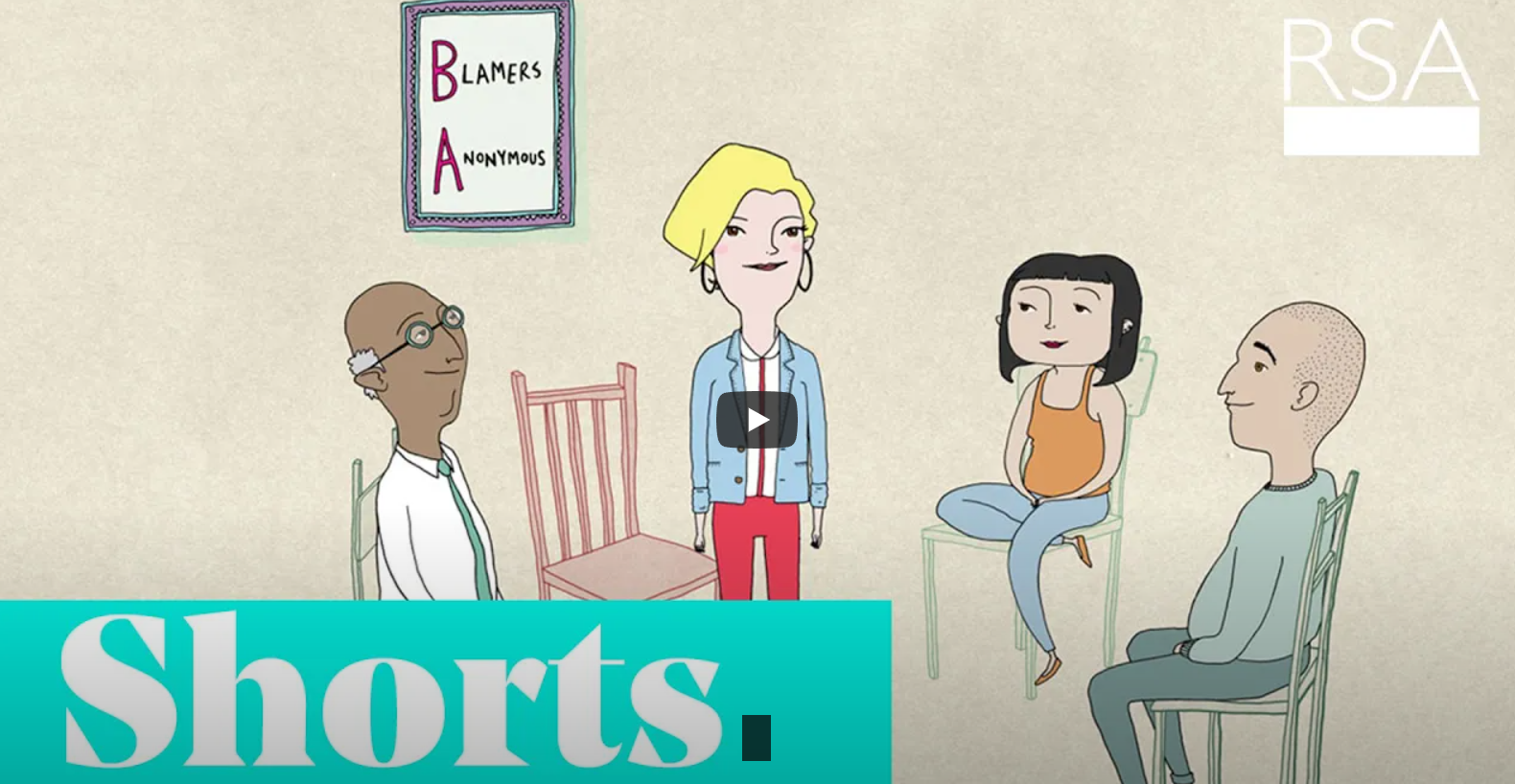When Conflict Arises, Practice Self-Soothing and Calm Your System
All the recommendations and relationship advice like “Affirm Each other, Learn each other’s Love Language, Listen to one another’s needs. Learn to fight fair” are good strategies for loving another person.
However, there is one skill for managing conflict that isn’t simply about being aware of and intentional about your thoughts and your words. It’s also about being attuned to the signals being sent to and through your body.

Your physiology plays a huge part in your relationship, particularly in conflict. It plays a role in calmer times as well (ie oxytocin is dumped into the system with a cuddle, hug or an orgasm). But with regard to conflict, it’s important that you become attuned to the ways your body and brain are shaping your communication and responses. And when you become aware that arousal is increasing, the next step is to Practice Self-Soothing.
When in conflict or threat, human beings enter a heightened state of arousal. This arousal has protected our species for millennia. It’s why your head sits up when you hear a loud sound in the middle of the night. It’s why you pull your hands away from a hot stove or from a wife who’s been criticizing you for most of the past 30 minutes. This built-in alarm system has a name: Diffuse Physiological Arousal (DPA). When your body is in DPA, your heart speeds up, blood flow to your gut and kidneys slows down, adrenaline starts to pump, and ultimately you head into the a “fight or flight” response.
We all have different tendencies around fight or flight. Some lean into conflict and try to resolve and fix. Others are conflict avoiders and retreat or withdrawal. Most of us use some combination of both to keep ourselves safe and protected. In each case, the body sends all of its attention energy into the cortex of the brain and attention becomes very focused with tunnel-vision and tunnel-hearing. Obviously this makes effective communication difficult and can become destructive.
Take a moment and imagine a conflict that may have ignited your physiology and led you into DPA. You may not have been aware of your heart rate, or of your stress hormones, but certainly you’ve experienced a time when you couldn’t focus on whatever the argument was about. Maybe tears began to form in your eyes, your skin got blotchy or the palms of your hands became sweaty. Perhaps you just stopped talking and couldn’t form a sentence. Maybe you said the same thing over and over again or your argument becomes suddenly disorganized and incoherent. For me, the sign that I’m in DPA is that my jaw starts to tighten along with some tension in my stomach. I love the phrase from Gabor Mate: “Where there is tension, put your attention”.
You must learn to pay attention. If you don’t, you’ll waste a lot of time stuck in futile, going nowhere conversations. The fact that your heart rate is elevated at or above around 100 BPM means that you simply cannot process social interaction. When your heart rate gets up to 100 BPM in a relationship setting, that’s called flooding. If you’re not paying attention, flooding leads to erratic conversation. Erratic conversation leads to the Four Horsemen, coined by John Gottman. These are Criticism, Contempt, Defensiveness and Stonewalling. Terry Real refers the responses to flooding as the 5 Losing Strategies: Being right, Control, Unbridled self-expression, Retaliation and Withdrawal. All lead to emotional disengagement and can eventually lead to dissolution of the relationship.
The antidote to flooding is learning to self-soothe. In the healthiest relationships, partners can help one another soothe, essentially interrupting the pattern trauma caused by DPA. Couples in the early phase of their relationship can talk about the ways they can soothe each other. It is a perfect time when getting to know someone.
Both Terry Real and John Gottman suggest using a hand signal or a code word to call a Timeout when one or both of you realize that flooding is occurring. Robert and I make a T sign with our hands and say Time Out with our voices. It is pre-agreed and indicates a message to the other, “Dear Partner, Where I am going is not good for me and not good for you and the relationship. I am going to take a break and I’ll be back”. It is respectful and a responsible withdrawal and is to be honoured by the partner. No one pursues the other once the time out is called. Once the negative cascading cycle is interrupted, you can focus on soothing.
Consider establishing a ritual during the time out, where you take a break from one another long enough to get your heart rate down and become centred again. In order for your break to be effective, consider these steps:
- Follow a time protocol. Both partners should agree about that the person leaving is the person who returns and that the time should be at least 20 minutes but not more than 24 hours. If you’re truly flooded, you’ll need at least 20 minutes to let your body reset. If you wait longer than 24 hours, you risk avoidance which ultimately gives the conflict more power. Have regular check- ins over the time out period is a good way to stay connected. Upon a return, just say: Checking in, need more time. Again, maximum is 24 hours.
- Don’t ruminate. It’s not helpful at all to use your time away to replay the argument in your mind. Building your case or focusing on the injustice of it all doesn’t serve the larger purpose, which is soothing. These thoughts are distressing and not useful.
- Calm yourself. The practice of soothing can take many forms. Maybe you go for a long walk, listen to music, take a bath, journal, play a video game, play with your pet or read a magazine. You might also try deep breathing exercises to de-stress. Getting control of your breathing is an ideal way to release tension and achieve a relaxed state of mind.
In the end, you might be really good at reigning in criticism, contempt, defensiveness, stonewalling and being right, retaliation, control, unbridled self-expression and withdrawal. You also might be good at dialoguing about issues and validating and empathizing one another but if you’re prone to flooding, it’s much harder to manage conflict. When your brain is attuned only to threat or danger and not to opportunity and solution, you’re more likely to move into the fight or flight system. Learning to soothe opens the door to empathy, positivity, and reconnection and creativity. This self-regulation skill is a key to healthy relationships.
Join us for a
Stress Detox Program and learn how to calm yourself and manage your inner state for moving away from conflict and building healthier relationships.
Register for our Newsletter and receive a Free Love Chat Package
- The 5 Steps to a Better Relationship
- Ongoing Monthly Relationship Tips
- If you want more love in your life, our relationship Love Chat Package is an easy cost-free first step.

















